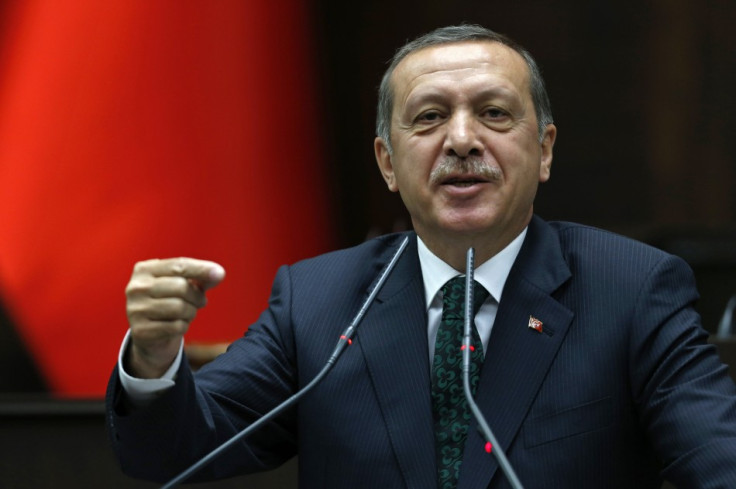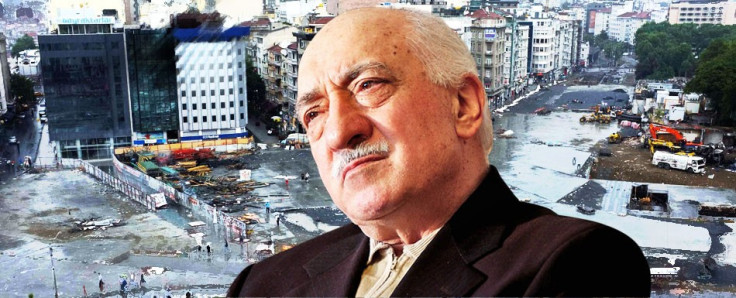Turkey: Gulen Powerplay as Police Chiefs Sacked and Business Leaders Arrested
Feud between cleric in exile and Erdogan cited as main reason behind high-profile arrests and police sacking

Turkish police chiefs who ordered the arrests on corruption charges of 47 high-profile politicians and businessmen, including the sons of three Cabinet ministers, have been sacked.
Five police commissioners were dismissed from office. They included the heads of the financial crime and organised crime units.
Political commentators pointed to the long hand of Fethullah Gulen behind the corruption charges. A moderate Muslim cleric in self-imposed exile in the US, Gulen has helped the ruling AK party win three elections since 2002 and led to the convictions of hundreds of generals accused of plotting a coup in the aftermath.
The eponymous Gulen movement has extensive influence in the Turkish police and judiciary. Gulen members are believed to have infiltrated the secret services, law enforcement offices and the AK party itself.
Tensions between the reclusive Muslim cleric, who commands a global empire of media outlets, private schools and charities, and prime minister Recep Tayyip Erdogan have boiled over in recent months.
Their feud deepened after the government announced plans to outlaw private schools, including those run by the Gulen movement.
The decision caused a former national football player turned politician, Hakan Sukur, to resign in protest from the AK party. "To treat these people who have staunchly supported the government in every issue as enemies is at best nothing but ingratitude," he said.
Dirty alliances

In the aftermath of the dawn raids on the homes of politicians and businessmen, Erdogan pledged not to bow to any "dirty alliances".
"We will not bow to any threat as long as you stand behind us," he said in the central Anatolian city of Konya. "Turkey is not a banana republic or a third class tribal state. Nobody inside or outside my country can stir up or trap my country."
Among those taken into custody were the sons of economy minister Zafer Caglayan, interior minister Muammer Guler, and Mustafa Demir, the mayor of the Fatih district in Istanbul
The arrests, made in Ankara and Istanbul, also included the chief executive of the Turkish state-run bank Halkbank Suleyman Aslan, who was at the centre of a controversial oil payment scheme last year involving sanctions-hit Iran.
Turkish police seized $4.5m (£2.7m) in cash from the house of Aslan, as part of a fraud and bribery raid. The money were found hidden in shoe boxes in the library of his home.
Turkey is not a banana republic or a third class tribal state
In April Halkbank was forced to deny claims that it was carrying out operations that dodged international sanctions on Iran.
Billionaire construction magnate and Turkey's eighth richest man, Ali Agaoglu, was among the arrested. His net worth is $2bn, according to data compiled by Bloomberg.
The arrests revolved around three separate investigations. The first inquiry centres on Azeri businessman Reza Zarrab and alleged bribery of cabinet ministers to cover money transactions to Iran through Halkbank.
The second investigation is into the son of the environment minister Abdullah Oguz Bayraktar, who is accused of being behind a crime ring and accepting bribes from major firms in exchange for construction permits.
The third probe is into allegations that areas of Istanbul's Fatih district were developed illegally in return for bribes. District mayor Demir allegedly allowed the construction of a hotel despite negative reports from engineers and state institutions
© Copyright IBTimes 2024. All rights reserved.






